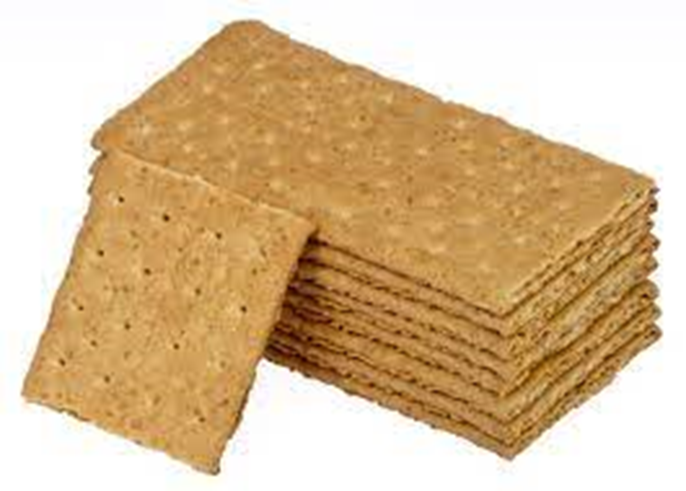A nurse is providing teaching about dietary modifications to a client who has cholecystitis. The nurse should include which of the following foods as appropriate for the client's diet?
Ground beef
Graham crackers
Blueberry muffins
2% milk
The Correct Answer is B
Choice A reason: Ground beef is high in saturated fat and cholesterol, which can increase the risk of gallstones. A client with cholecystitis should avoid fatty, greasy, or fried foods; meats; and cheeses.
Choice B reason: Graham crackers are low in fat and high in fiber, which can help prevent gallstones. A client with cholecystitis should eat more foods that are high in fiber, such as fruits, vegetables, beans, and whole grains.
Choice C reason: Blueberry muffins may contain butter, eggs, or milk, which are sources of saturated fat and cholesterol. A client with cholecystitis should eat fewer refined carbohydrates and less sugar.
Choice D reason: 2% milk is a dairy product that contains saturated fat and cholesterol. A client with cholecystitis should eat healthy fats, like fish oil and olive oil, to help the gallbladder contract and empty on a regular basis.

Nursing Test Bank
Naxlex Comprehensive Predictor Exams
Related Questions
Correct Answer is C
Explanation
Choice A reason: The client should not replace salt with soy sauce, as soy sauce is not kosher. Soy sauce is made from fermented soybeans and wheat, which are not allowed in a kosher diet. The client should use kosher salt or other kosher seasonings instead.
Choice B reason: The client's primary vegetables should not be squash and corn, as they are not considered kosher. Squash and corn are classified as kitniyot, which are legumes, grains, seeds, and other plant products that are not allowed in a kosher diet. The client should eat more leafy greens, root vegetables, and fruits, which are kosher.
Choice C reason: The client can eat meat and nondairy margarine together, as they are both kosher. Nondairy margarine is made from vegetable oils, which are pareve, meaning they are neither meat nor dairy. The client should avoid eating meat and dairy products together, as they are not kosher.
Choice D reason: The client does not need to use their right hand when eating food, as this is not a requirement of a kosher diet. This is a practice of some Muslims, who believe that the right hand is for eating and the left hand is for cleaning. The client should follow the rules of kashrut, which are the Jewish laws of kosher food.
Correct Answer is C
Explanation
Choice A reason:A firm bilateral hand grip indicates normal muscle strength, which is a positive sign but not directly related to hypernatremia treatment efficacy.
Choice B reason: Fatigue is not a sign of effective treatment for hypernatremia. Fatigue can be a symptom of hypernatremia, as well as dehydration, infection, or other conditions. The nurse should assess the client for other causes of fatigue and monitor their vital signs and fluid status.
Choice C reason:Deep tendon reflexes graded as 2+ are considered normal and suggest that neuromuscular function is intact. Since hypernatremia can cause neuromuscular excitability, normal reflexes may indicate effective treatment.
Choice D reason: Urine output 25 mL/hr is not a sign of effective treatment for hypernatremia. Urine output 25 mL/hr is below the normal range of 30 to 50 mL/hr and indicates oliguria, which can be a complication of hypernatremia. Oliguria can result from dehydration, kidney damage, or reduced blood flow to the kidneys due to hypernatremia. The nurse should notify the provider and administer fluids as prescribed.
Whether you are a student looking to ace your exams or a practicing nurse seeking to enhance your expertise , our nursing education contents will empower you with the confidence and competence to make a difference in the lives of patients and become a respected leader in the healthcare field.
Visit Naxlex, invest in your future and unlock endless possibilities with our unparalleled nursing education contents today
Report Wrong Answer on the Current Question
Do you disagree with the answer? If yes, what is your expected answer? Explain.
Kindly be descriptive with the issue you are facing.
